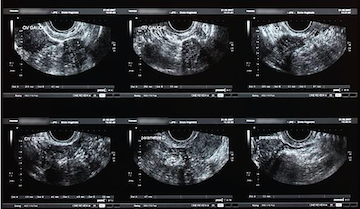Peut-on poser des questions difficiles aux moments difficiles ?
Forty years ago, termination of pregnancy after prenatal diagnosis was mostly seen as nothing more and nothing less than the answer to a problem. A pro-choice feminist, I carried this medical model as a researcher in muscular dystrophy, awaiting a fetus from the delivery unit, ready to take skin and muscle samples for tissue culture. I would wait, believing this woman was lucky - she didn't have to give birth to this boy who (possibly) had Duchenne Muscular Dystrophy. No one thought of that fetus as her baby. No one asked her how she was feeling – the question was too difficult. Then, that woman would not talk about her feelings, her loss, her child.
Today, in much of the world, she will be seen as a mother, as bereaved, as worthy of having feelings of sadness about her choice– a choice that was an answer to a problem but that might also have been ethically challenging, making her confront prior beliefs about herself, life and abortion. Attitudes have changed. People talk more – only this week Princes William and Harry talked about the emotional aftermath of the death of their mother. Now, researchers ask parents - mothers and fathers – questions, difficult questions at difficult times. I would like to talk about a challenging piece of work we undertook with parents making decisions about whether or not to have a post-mortem after a stillbirth or termination and to draw on that study to consider the limits of research questions in an era of increased openness about emotions and wellbeing.


